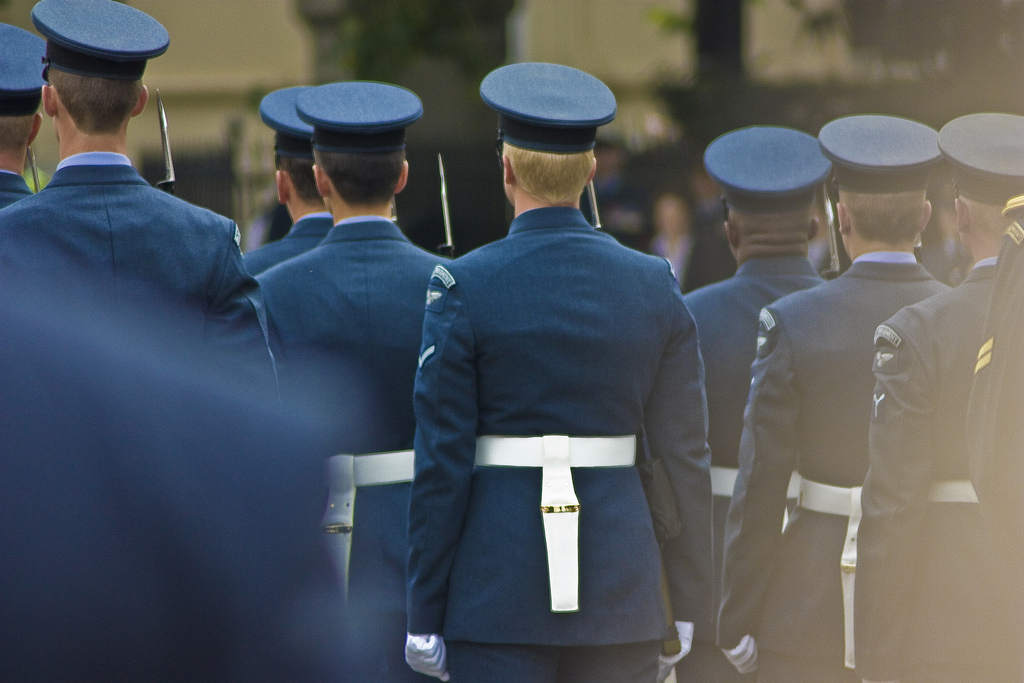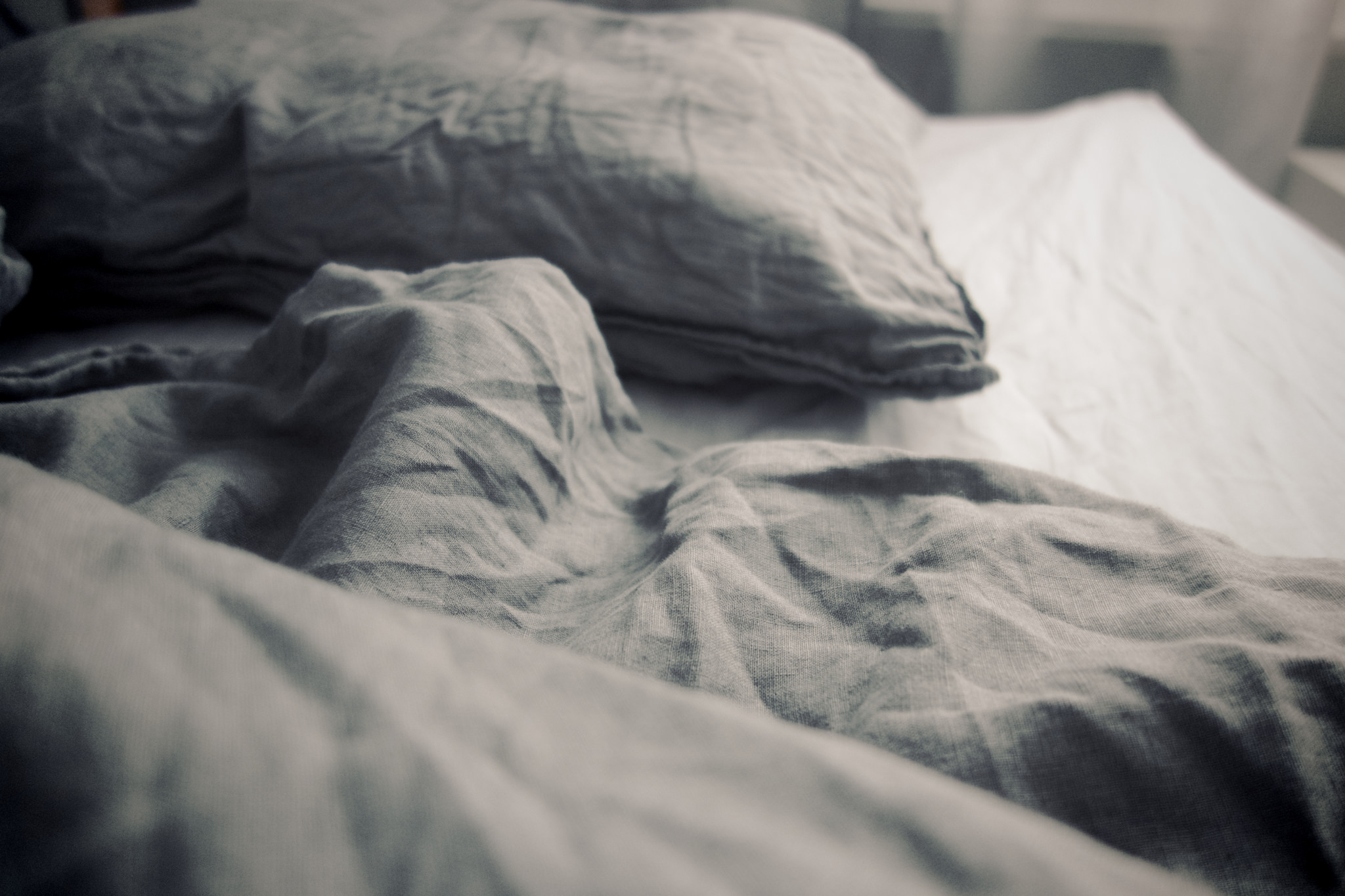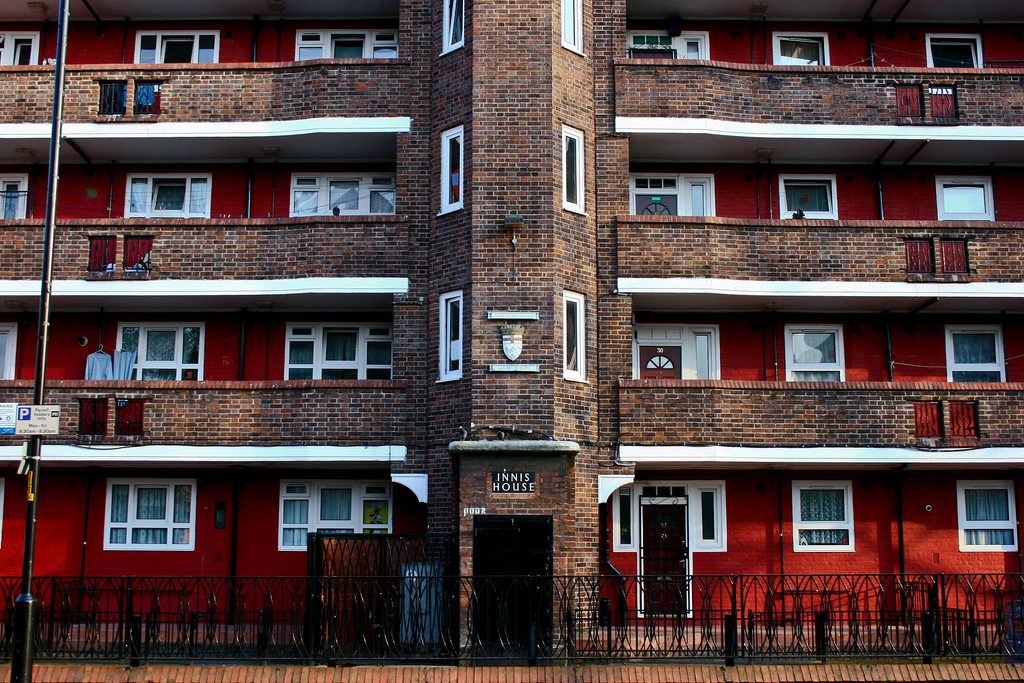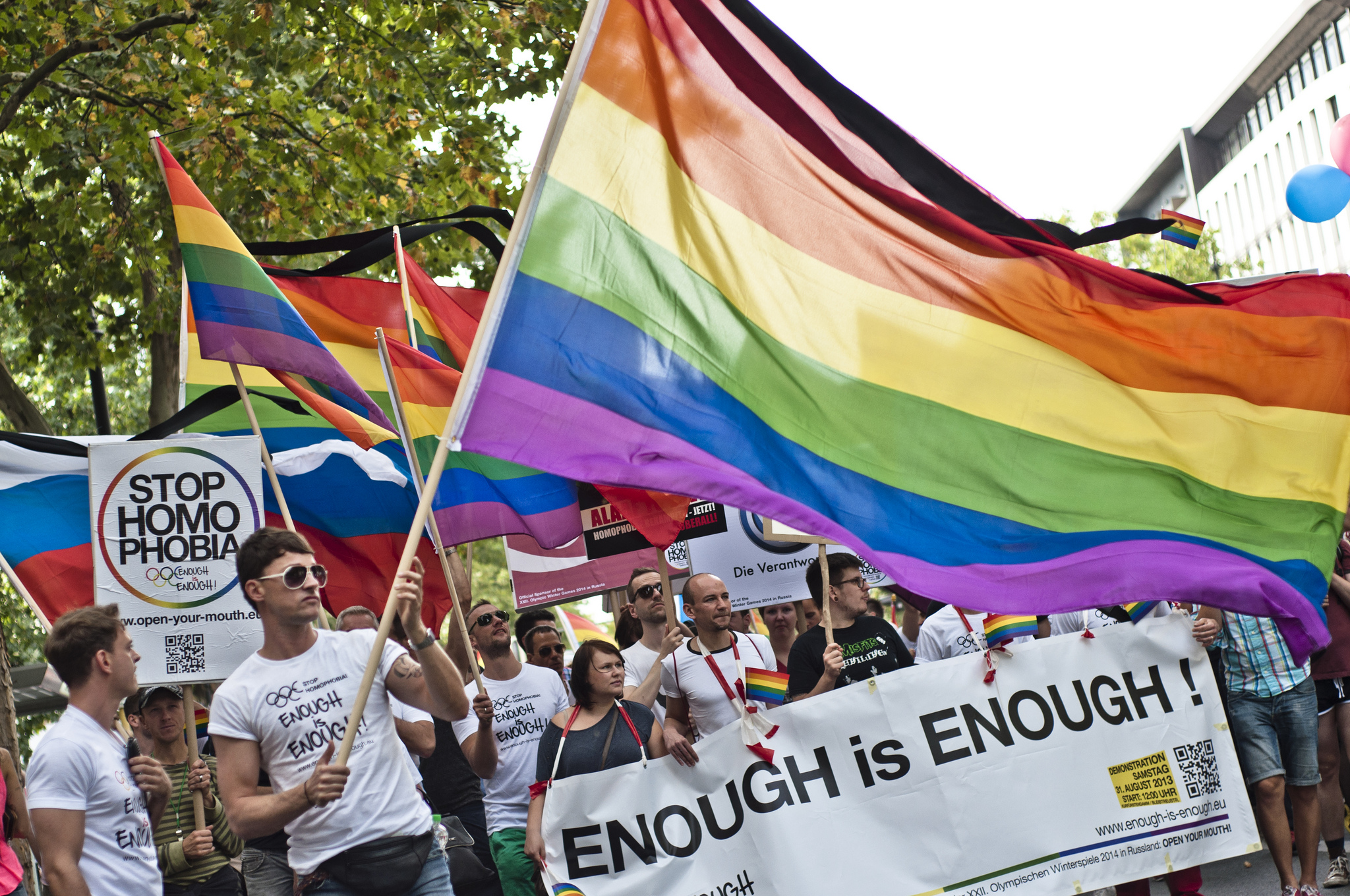Here’s how human rights challenge laws which unfairly discriminate against gay people.
1. Homosexual activity used to be a crime…
In the 1980s, male homosexual acts were criminalised in Northern Ireland, punishable by imprisonment, even if they were in private and each party consented. (Homosexual acts between females never have been criminal offences anywhere in the UK.)
Jeff Dudgeon, a gay man from Northern Ireland, was interrogated by police about his sexual activities. The European Court of Human Rights declared that his right to respect for private life had been violated. The Court said a person’s sexual life is a “most intimate” aspect of their private life. It was “no longer… appropriate to treat homosexual practices… as… a matter to which the sanctions of the criminal law should be applied”.
This was the first time the European Court of Human Rights protected gay rights. Shortly afterwards, Northern Ireland decriminalised consensual male homosexual acts. A similar decision led to a change in law in the Republic of Ireland.
2. It was once thought that being gay in the army was ‘bad for morale’…

Jeanette Smith enrolled in the Royal Air Force. She was interviewed by officers and admitted being homosexual. She was subsequently discharged from service. Graeme Grady joined the Royal Air Force. It became known to his commanding officers that he was gay. He was interviewed about his sexual orientation. Eventually he admitted to being homosexual and was discharged.
The Armed Forces’ Policy stated: “Homosexuality, whether male or female, is considered incompatible with service in the armed forces… because homosexual behaviour can cause offence… induce ill-discipline and, as a consequence, damage morale and unit effectiveness”.
The European Court of Human Rights said that Jeanette Smith and Graeme Grady’s rights to respect for their private life had been violated. The interviews involved questions about the identity of their sexual partners, their HIV status and their family relationships. The Court said the questioning was “particularly intrusive and offensive”. The policy was unjustifiable.
Because of this, the armed forces withdrew their long-standing ban on homosexuals serving.
3. The age of consent was higher for gay people than straight people for no good reason

Euan Sutherland, a 17 year old homosexual man, was worried he might be prosecuted for being sexually active. The age of sexual consent for gay people was 18: two years higher than the corresponding age for heterosexuals.
Euan complained to the European Commission of Human Rights (forerunner of the Court). The Commission accepted that the differential treatment was discriminatory. It said there was no “reasonable justification for inequality of treatment under the criminal law”.
Legislation to equalise the age of consent was enacted in 2001.
4. Group homosexual activity still counts as ‘private’
A man known as A.D.T. engaged in sexual activity with four other men. The group videotaped their activities. A.D.T. was prosecuted for gross indecency. The UK Government argued that the prosecution did not interfere with his ‘private’ life because a group was involved and the tape could somehow end up in the public domain.
The European Court of Human Rights rejected this. A.D.T. had been prosecuted because of the acts themselves, not the taping of them, and this meant there had been a violation of his private life.
5. Gay people must be treated equally under inheritance laws

A gay couple, Hugh and Juan, lived together in Hugh’s rented flat for 29 years. In 2001, Hugh died. If they had been a heterosexual couple, Juan would have had a legal right to stay in the flat. But, as they were a same-sex couple, it appeared that Juan did not. The landlord tried to evict him.
The UK House of Lords (now the Supreme Court) decided that the law discriminated unacceptably against gay couples. One of the judges, Lord Nicholls, said “A homosexual couple, as much as a heterosexual couple, share each other’s life and make their home together. They have an equivalent relationship. There is no rational or fair ground for distinguishing one couple from the other”.
Because of the Human Rights Act, the court was able to give Juan the right to remain in the flat by interpreting the law in a way which did not discriminate against same-sex couples.
No one should be discriminated against because of their sexual orientation.
This article mainly focuses on discrimination against people because of their sexual orientation. For information on how human rights have helped transgender people, take a look at our posts here and here.
Learn about the right to respect for private life and freedom from discrimination by clicking on the links in this paragraph. Take a look at all of our resources on how human rights help to promote equality.







